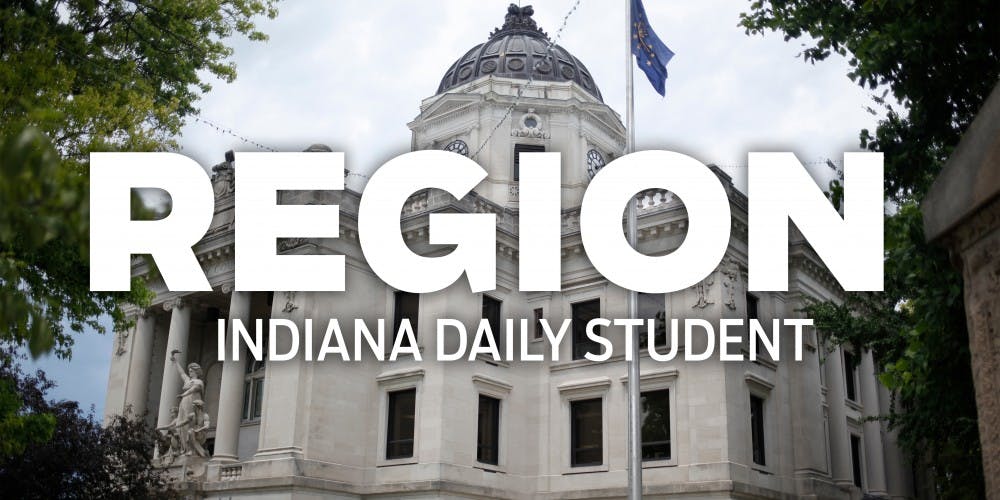The Bloomington city council is back to work next week after a holiday break. It will join the rest of the City of Bloomington to continue work on various projects in 2017. Here is what the city council and other local government agencies are expected to work on this year:
Comprehensive Plan
The city planning commission has been drafting the City of Bloomington 2040 Comprehensive Plan for a few years and has had meetings with the mayor, city council and public to make various changes. The latest draft was published Dec. 9.
Scott Robinson, planning services manager for the Planning and Transportation Department, said the comprehensive plan would ideally be finalized in the first quarter of the year after internal reviews and public feedback. Approval by the city council is the last step for finalizing the plan.
The master plan details initiatives and policies, including broadening government transparency, strengthening diversity relations and more. The plan also discusses the image branding of downtown, neighborhood revitalization, affordable housing, land preservation and transportation improvements.
Living wage ordinance, other wage plans
In 2006, the city implemented a living wage ordinance in which government employees and other workers benefiting from local grants and taxes are to be paid an amount that fluctuates every year based on inflation. Last year the wage was $12.32 an hour, and it will increase to $12.44 an hour in 2017.
Last November Mayor John Hamilton’s wage growth task force set six initiatives to attempt an increase of wages in the private sector. The initiatives included a stronger branding of Bloomington, promoting early childhood education and funding skills gap training.
City-wide internet
Last month Hamilton signed a letter of intent to develop city-wide broadband services. The city partners with Axia, a technological development company.
Axia is expected to have completed an engineering analysis by the end of March to build the broadband network, according to a press release from the mayor’s office. The city and Axia want low-cost internet for citizens who may not be able to afford internet otherwise, according to the release.
The mayor’s office anticipates residential services to be between $70 and $90 a month and about $300 a month for businesses, but these prices are not set yet.
The city anticipates the service will be completed in two years with the first customers using the broadband by the end of the year.




